How to not waste 600,000 billion
Dr. Nguyen Dinh Tho, Deputy Director of the Institute of Strategy and Policy on Agriculture and Environment (Ministry of Agriculture and Environment), said that the policy of converting gasoline-powered motorbikes to electric vehicles will have both supporters and opponents.
However, with nearly 20 million motorbikes in Hanoi and Ho Chi Minh City, the negative impact on the environment is very clear.
However, he believes that the electrification process needs to be implemented in a roadmap and should not surprise people. Because motorbikes are a means of transportation for many people and are also their biggest asset.
“A motorbike costs from 30 to 60 million VND, many people have to spend 10 years to buy one. If we calculate the total number of motorbikes in these two cities, with an average price of 30 million VND/motorbike, the total value is up to 600,000 billion VND,” Mr. Tho shared at the workshop “Solutions to reduce urban air pollution” organized by Tuoi Tre newspaper on August 15.
Therefore, according to Mr. Tho, if the roadmap for converting gasoline cars to electric cars is not reasonable, it will waste a large amount of social assets.
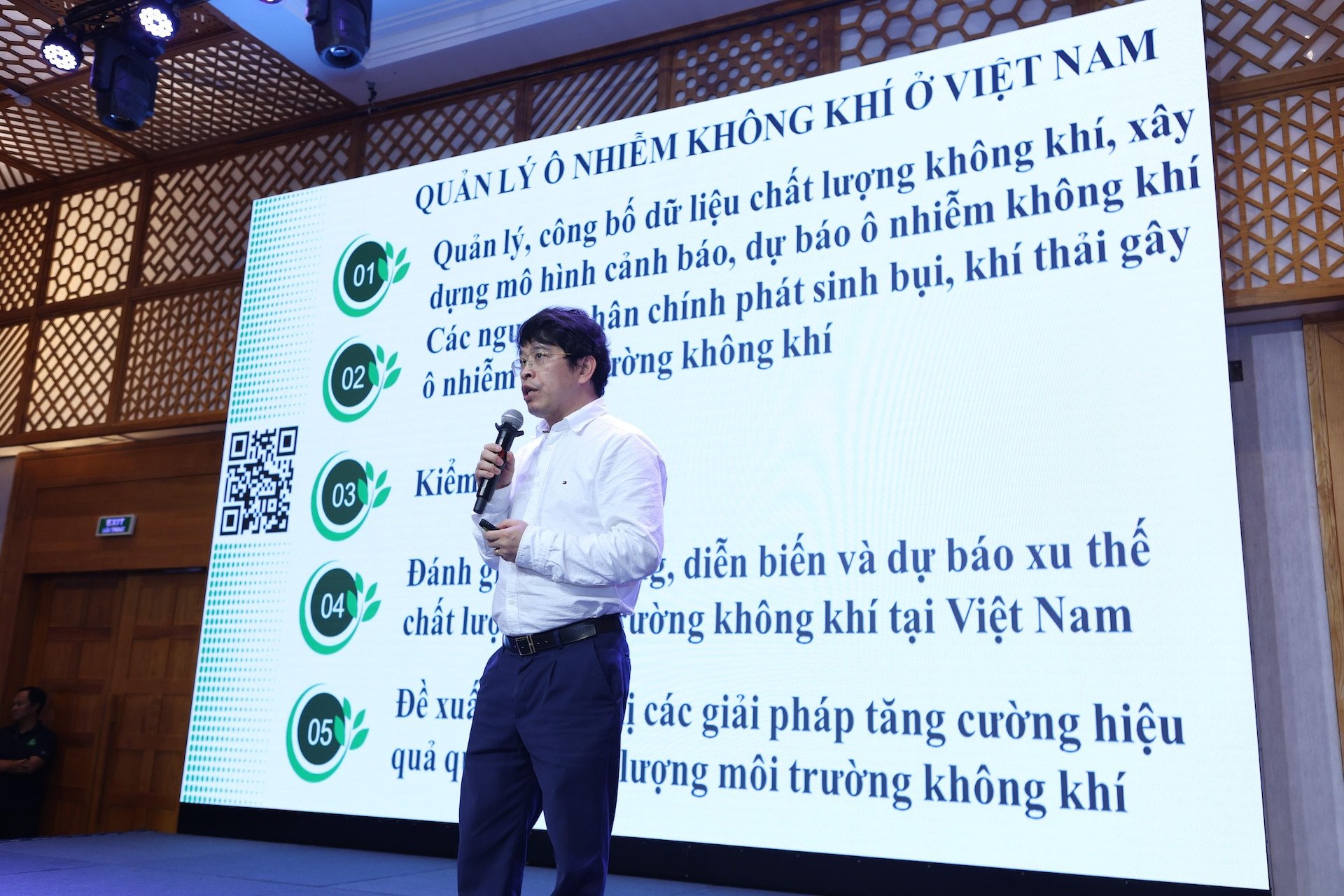
According to the Deputy Director, the State should have economic tools to effectively implement the vehicle conversion process. From there, businesses will automatically switch from producing high-emission vehicles to low-emission vehicles. People will voluntarily switch their means of transport from using fossil fuels to electric vehicles.
Mr. Tho presented a series of solutions applied by California (USA), China, EU, Japan, Korea and many countries around the world.
First , fossil fuel credits. Companies that sell fossil fuels pay companies that develop electric charging stations. For example, companies that sell gasoline pay companies that build electric charging stations.
Second , energy efficiency credits. According to EU standards, each car is allowed to emit 95 grams/km and from the 96th gram, the company will have to pay 95 Euros for each gram of excess emissions. Meanwhile, normal cars emit 140 grams/km.
Based on estimates, in Europe alone, gasoline car manufacturers will have to pay $15.5 billion to electric car manufacturers. This is a market mechanism for electric car manufacturers to benefit. Thanks to this mechanism, in 2024, Tesla (USA) received $2.76 billion, accounting for about 33% of the company's profits.
This is the motivation for electric car manufacturers to boost production as well as encourage businesses to switch from producing gasoline cars to electric cars.
Third , electric vehicle credits. Every car manufacturer must ensure that it produces enough electric vehicles each year. For example, Vietnam has set a roadmap to have 22% electric motorbikes and 30% electric cars by 2030. If a gasoline car manufacturer does not have electric vehicles, it will have to buy electric vehicle credits to make up for the required ratio.
Regarding the support policy, in California (USA), electric car buyers will receive a support of 7,500 USD. The electric car company will also receive a support of 7,500 USD. If compared with the price of VinFast cars at around 10,000 USD, the Government's support is even greater than the value of the car.
“Meanwhile, China also subsidizes $4,500 for each electric vehicle sold. This is how countries make the transition from gasoline cars to electric cars in a fair and inclusive way so that no one is left behind,” Tho cited.
'Clean air doesn't come naturally, there has to be a trade-off'
Speaking at the event, Mr. Bui Hoa An, Deputy Director of the Ho Chi Minh City Department of Construction, said that emissions from traffic activities are identified as the main cause of pollution in the city. After the merger, the city has about 10 million motorbikes and about 1.7 million cars. The density of vehicles concentrated in urban areas and the central region is very high.
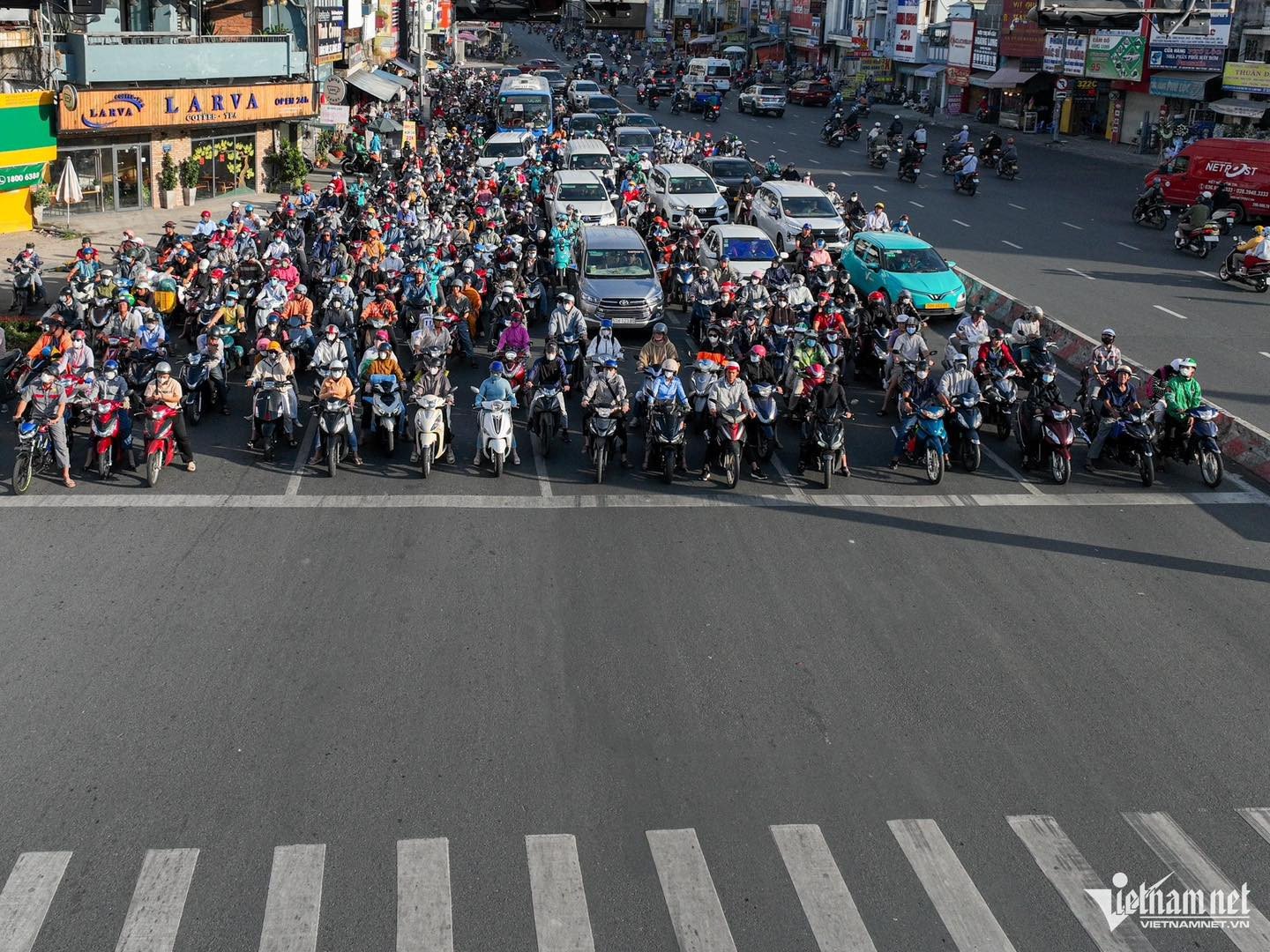
In addition to the policy of developing a public transport system to encourage people to limit the use of personal vehicles, the city is converting 400,000 gasoline-powered two-wheelers to electric vehicles. However, there will be a conversion roadmap so as not to disrupt people's lives.
According to Mr. An, in terms of financial resources, in addition to banks and financial institutions, the City Labor Federation's fund has also calculated support in the process of converting vehicles. Accordingly, the disadvantaged will need loan policies and interest rate support. The poor and near-poor households will receive 100% support.
Regarding the concerns that electric vehicle batteries may cause more environmental pollution, Dr. Hoang Duong Tung - Chairman of the Vietnam Clean Air Network, said that technology is changing very quickly. Battery life is extended. Many components in the battery have been recovered for recycling activities, avoiding pollution.
For example, lead-acid batteries are no longer found in landfills because recycling companies collect and recycle them. The same goes for electric batteries.
He affirmed that electrification of vehicles is an irreversible trend. Many countries have done it successfully and Vietnam needs the cooperation of the Government, businesses and people.
"Clean air does not come naturally, there is always a trade-off. The important thing is how to minimize that trade-off and bring the greatest benefit," said Mr. Tung.
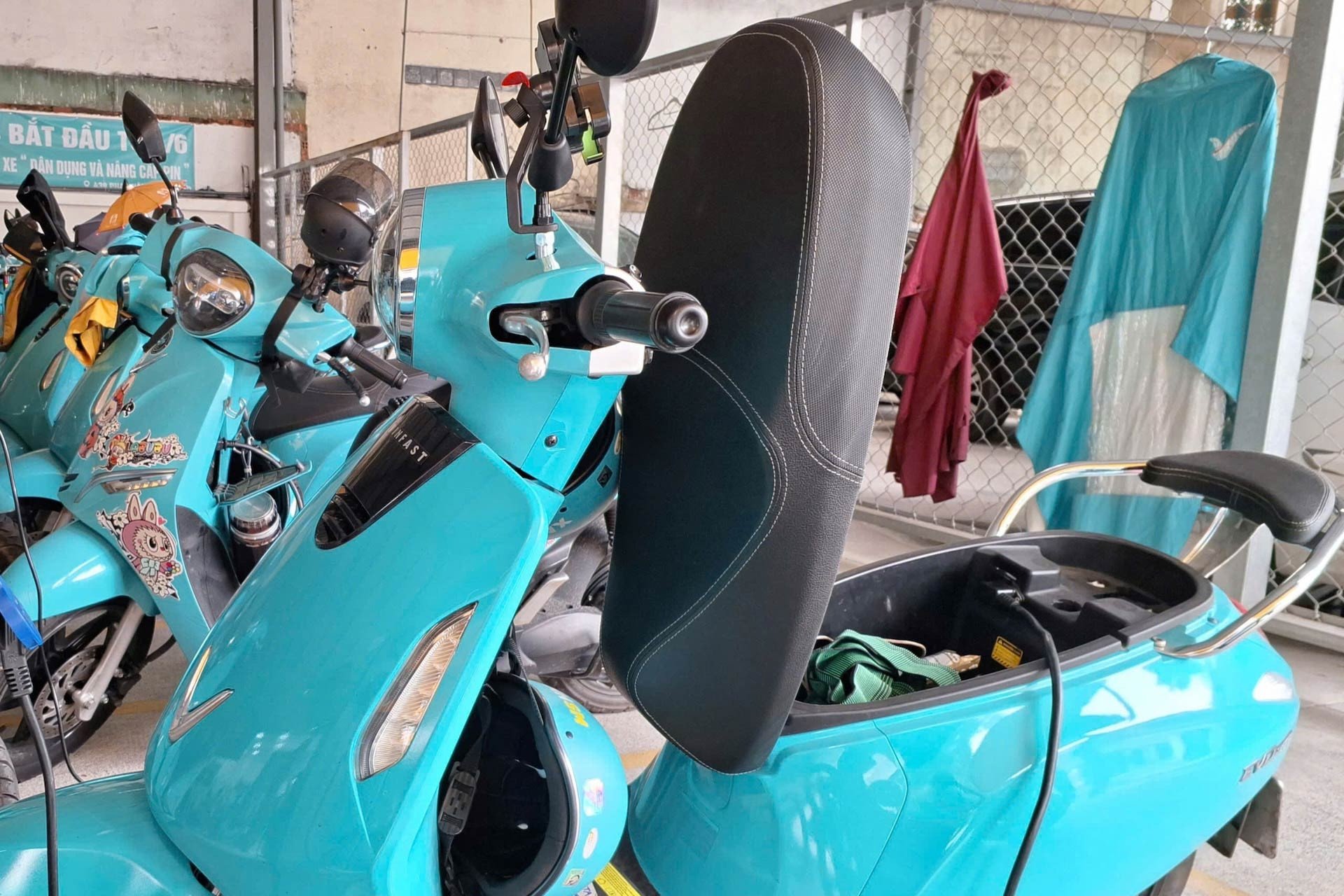
Source: https://vietnamnet.vn/hang-san-xuat-xe-xang-phai-tra-tien-cho-cong-ty-lam-xe-dien-2432411.html


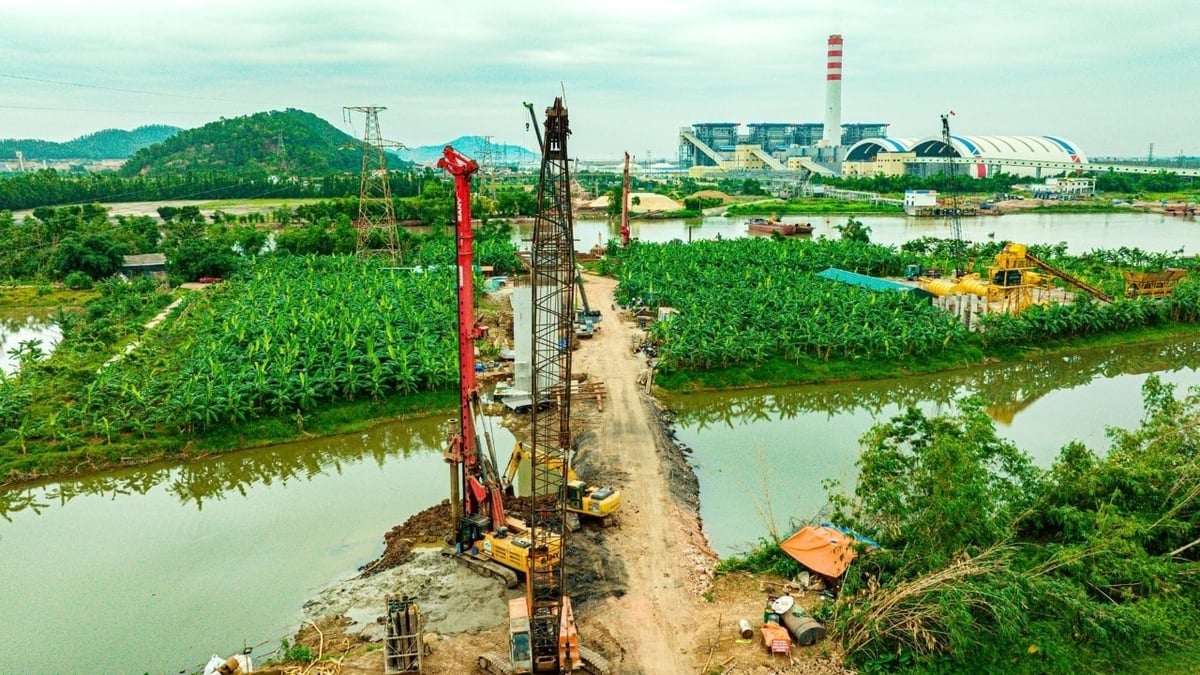
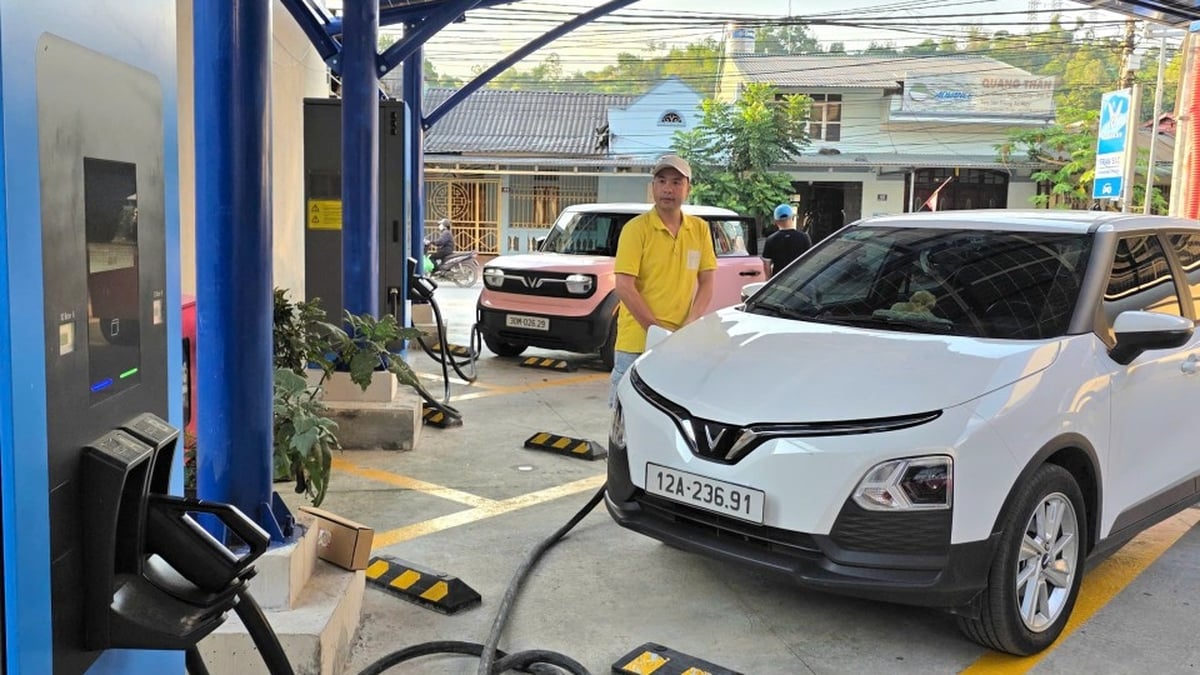
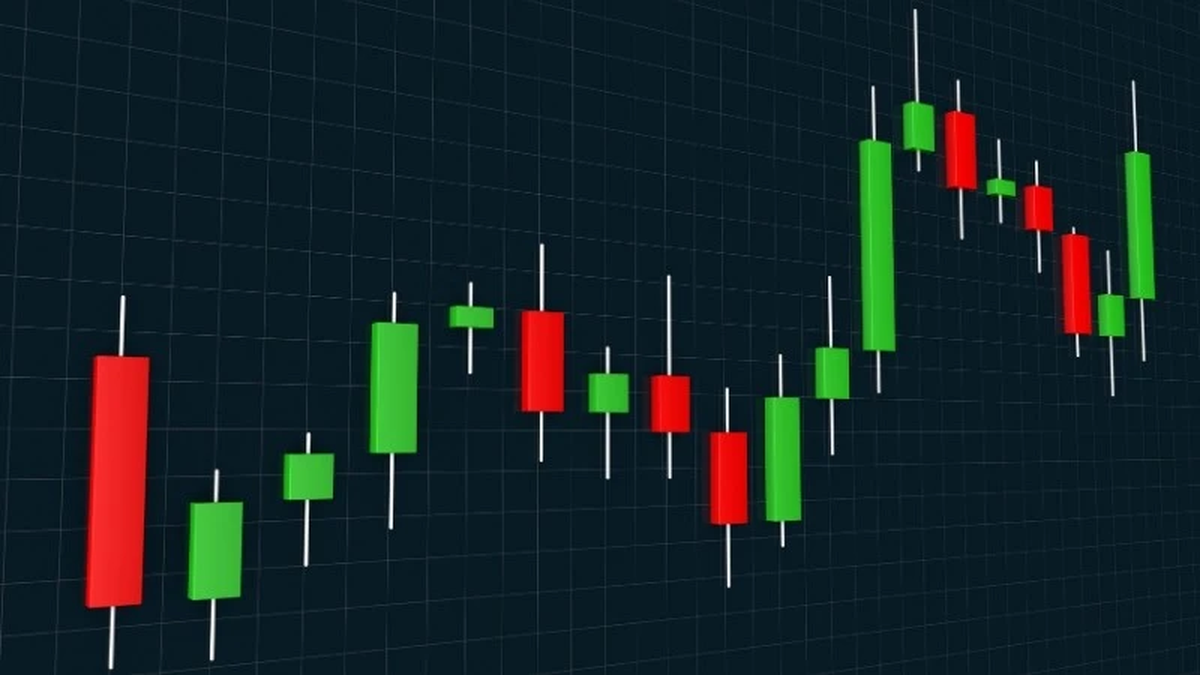


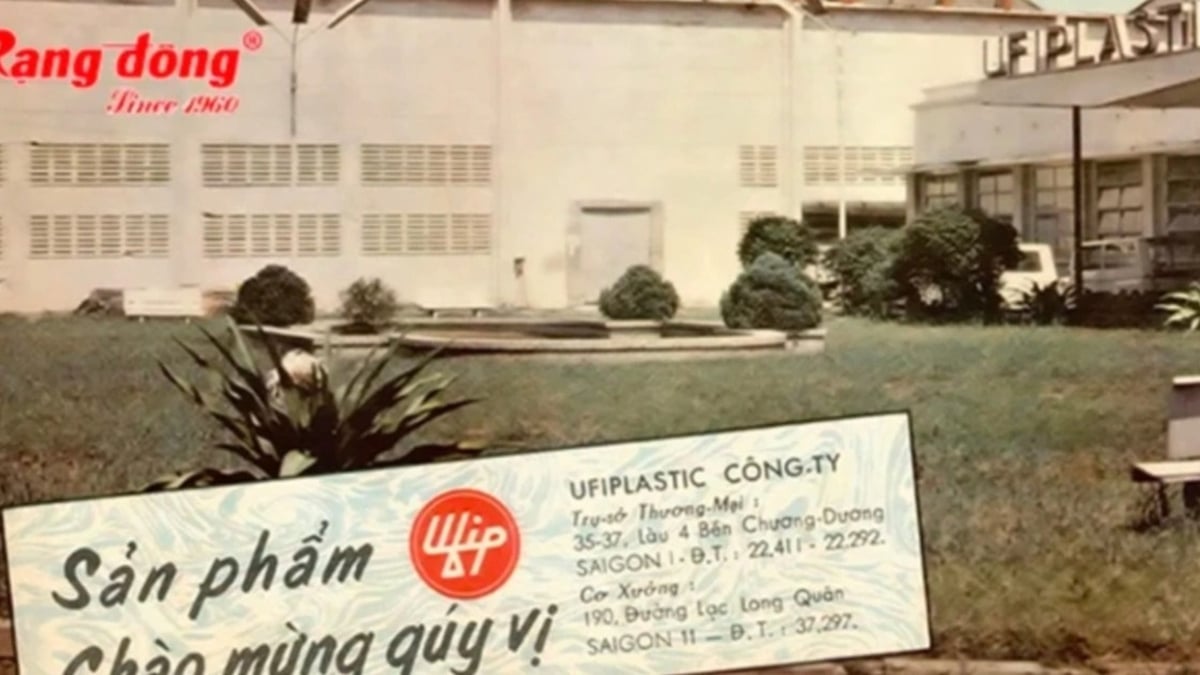
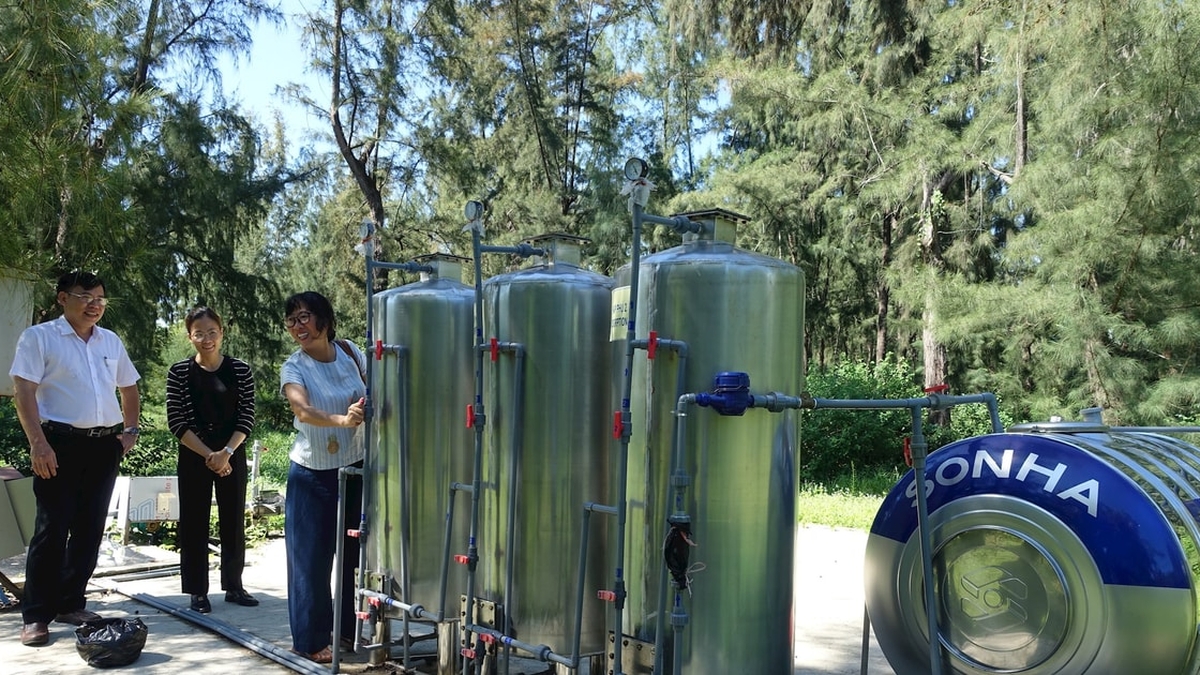

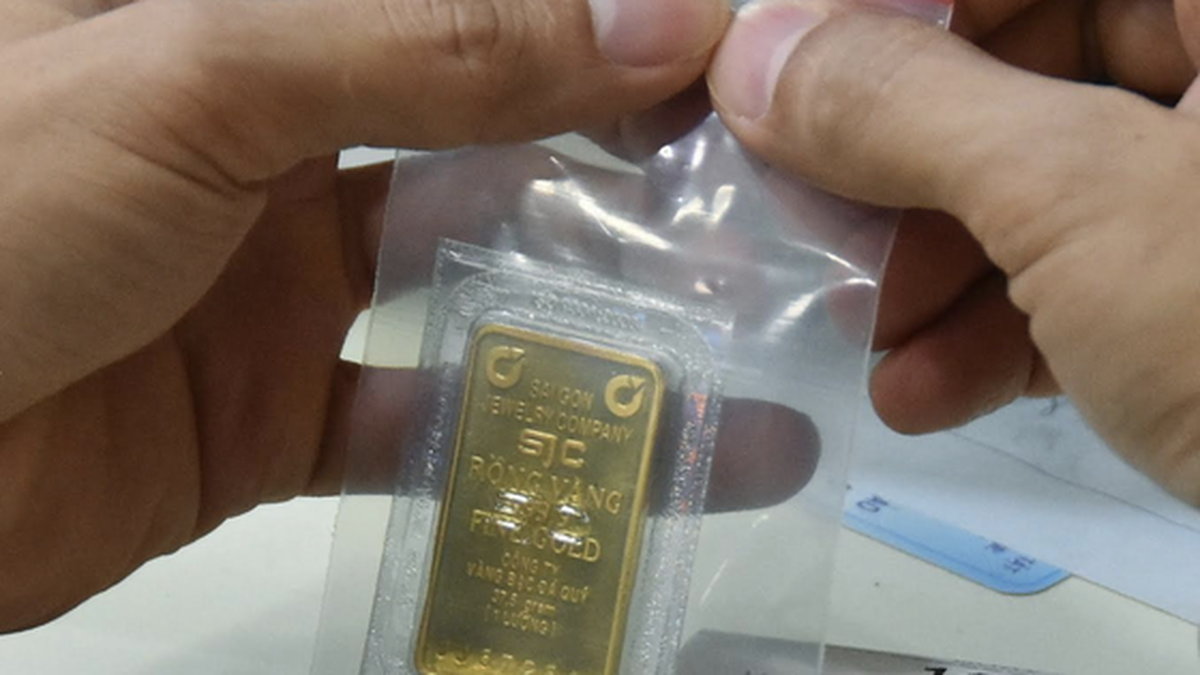
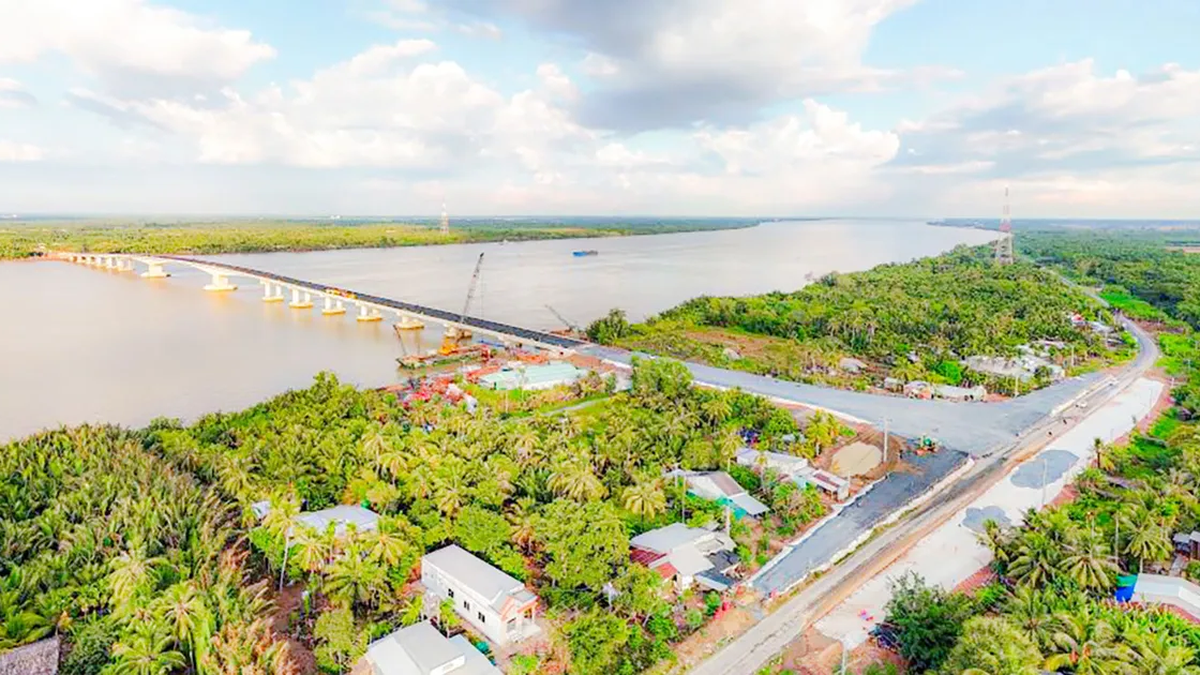

















![[Photo] Stunning Vung Ang-Bung Expressway before opening day](https://vphoto.vietnam.vn/thumb/1200x675/vietnam/resource/IMAGE/2025/8/18/8a75cb48a68f4de8b56d6a9e7c268669)
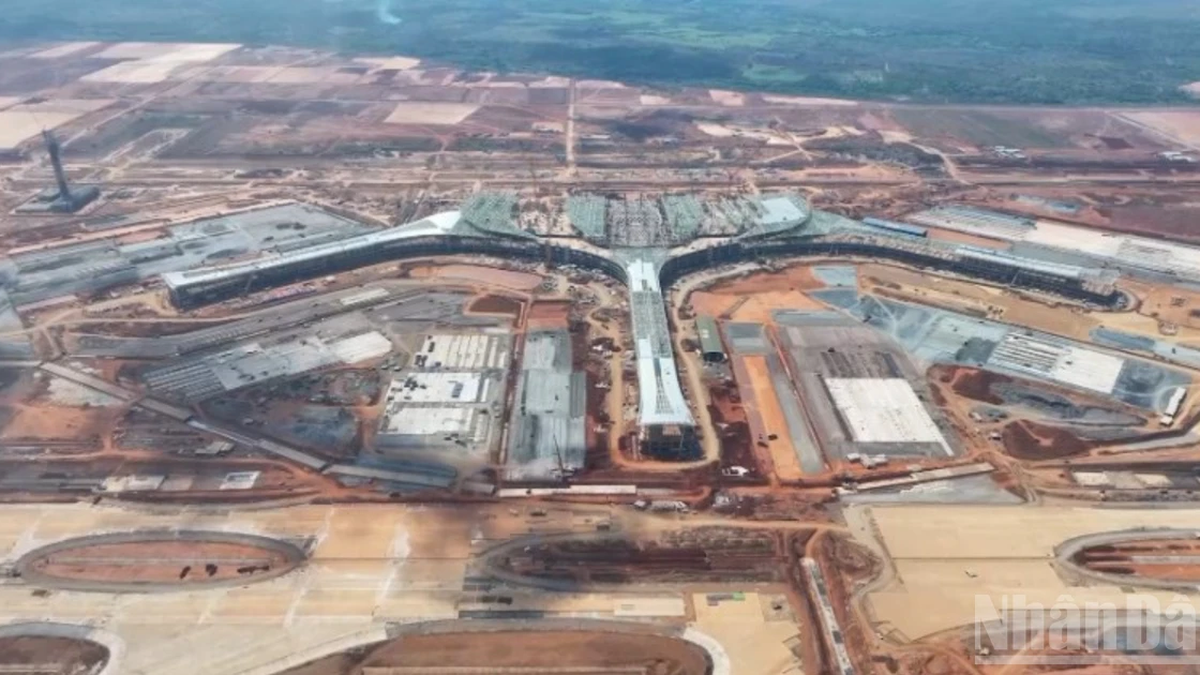





















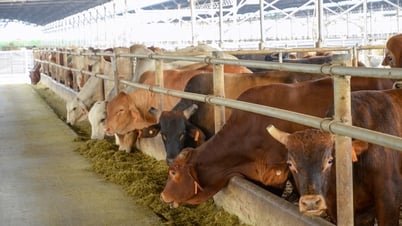


![[VIDEO] Petrovietnam Party's imprint](https://vphoto.vietnam.vn/thumb/402x226/vietnam/resource/IMAGE/2025/8/18/0456b0c5e3ac4893b4e75b4e4a8d026f)
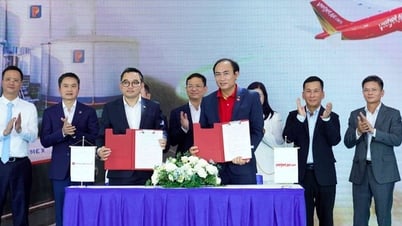



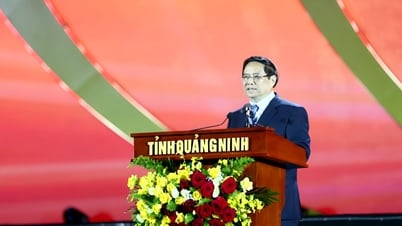

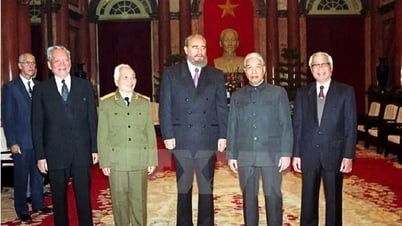

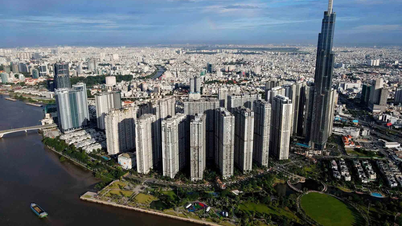





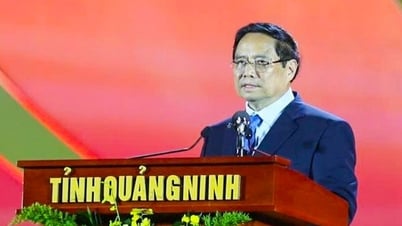


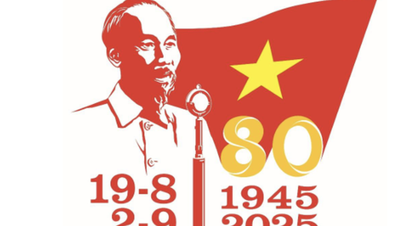
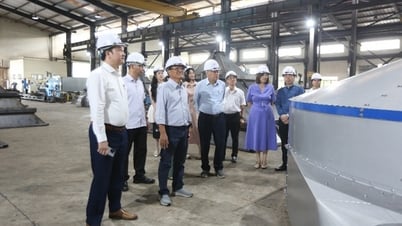

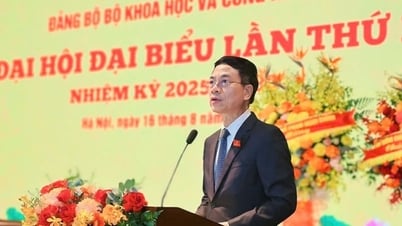
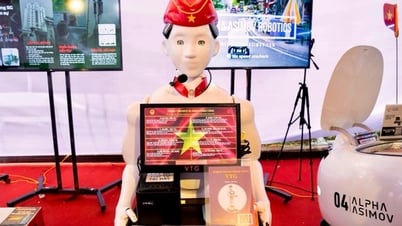






















Comment (0)